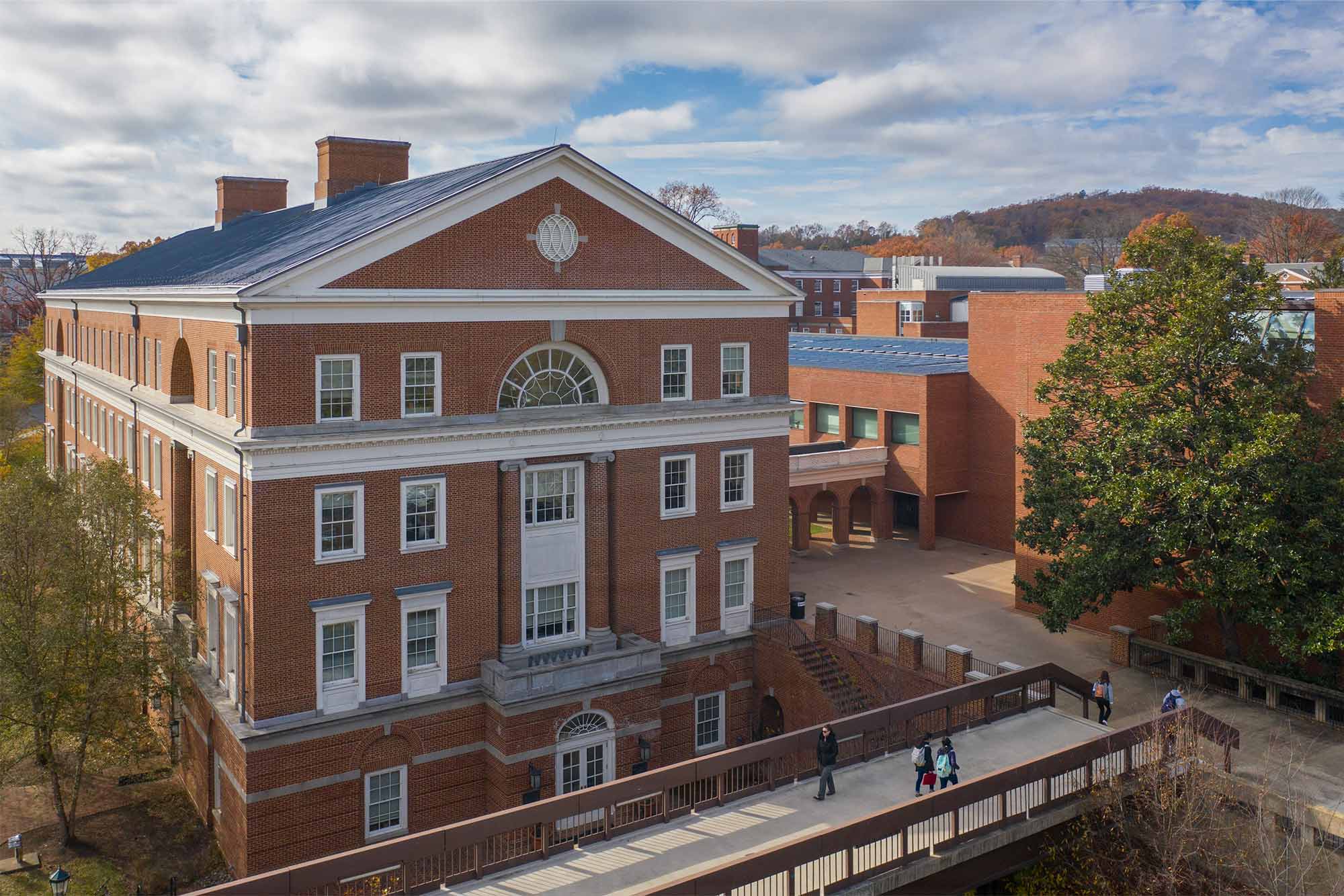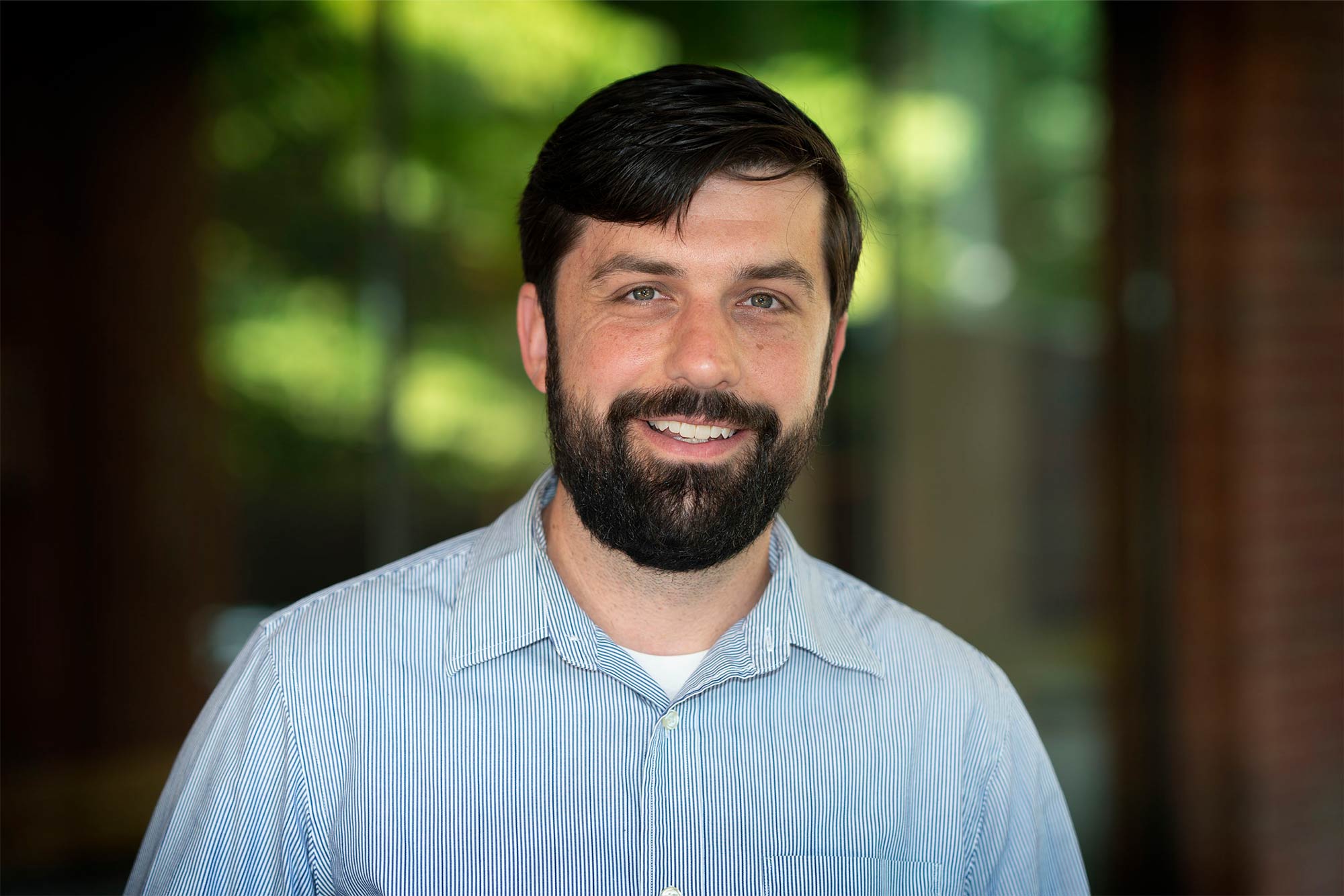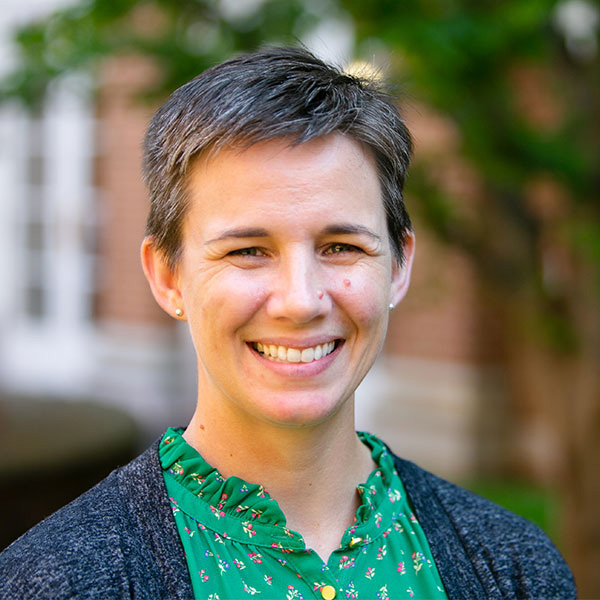Grounded in the scientist-practitioner model of training, the program will prepare graduates to deliver comprehensive school psychological services, including intervention, assessment and consultation, to diverse student populations in educational settings.
Graduates will receive specialized training in evidence-based assessment and interventions, as well as how to collaborate closely with youth, families, school staff, administrators and community partners to create safe and supportive environments and address the most pressing mental health challenges facing youth today.
The UVA program will help ease a current nationwide shortage of school psychologists, education experts say. The National Association of School Psychologists recommends one school psychologist for every 500 students.
“In Virginia and across the country, we are facing a tremendous shortage of school psychologists, while at the same time youth mental health needs are rising,” said Michael Lyons, associate professor and director of clinical and school psychology at the School of Education and Human Development. “This program is designed to develop not just more school psychologists, but to develop critical thinkers who will integrate research findings into their daily work and advocate for equitable, effective programming.”
“Here in Henrico, our current ratio is 1 to 1,835,” said Lori Knitter, supervisor of School Psychological Services for Henrico County Public Schools, who served as a school psychologist for 17 years. “School psychologists are an incredibly hard-working group of people who will always put students’ needs at the forefront of what we do. As dedicated as we are, we cannot be several places at once.”
Charles Barrett, coordinator in the Office of Student Mental Health Services with Loudoun County Public Schools, said, “In Virginia, the shortage of school psychologists ultimately means that Virginia’s children are not benefiting as they should, and deserve, from the unique training and skillset of school psychologists.”
Barrett served as a school psychologist for 13 years and now supervises more than 60 school psychologists and interns. He said the need has only grown in the post-pandemic period as schools work to provide more psychological services to students.
“The shortage leads school-based professionals – school counselors, school social workers, school psychologists – to refer children and families to community agencies and private providers, many of whom are already overwhelmed and have monthslong waiting lists,” he said.
Barrett and Knitter agreed that the new School of Education program could help alleviate shortages by training new psychologists to fill vacancies.
“[The supply from] existing programs in the state isn’t sufficient to meet the statewide demand for school psychologists,” Barrett said. “An additional program will be tremendously helpful in preparing additional cohorts of graduate students to support school divisions throughout the state as school psychologists.”
“We have had openings for several years that we cannot fill because there simply are not enough qualified applicants,” Knitter said. “Existing psychologists would almost be ‘walking on air’ if we could do this job with ratios closer to the recommended 1-to-500.”
For information on UVA’s new Education Specialist in School Psychology program, including admission requirements, visit the program webpage or contact interim degree coordinator Katy Zeanah.







